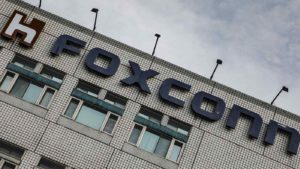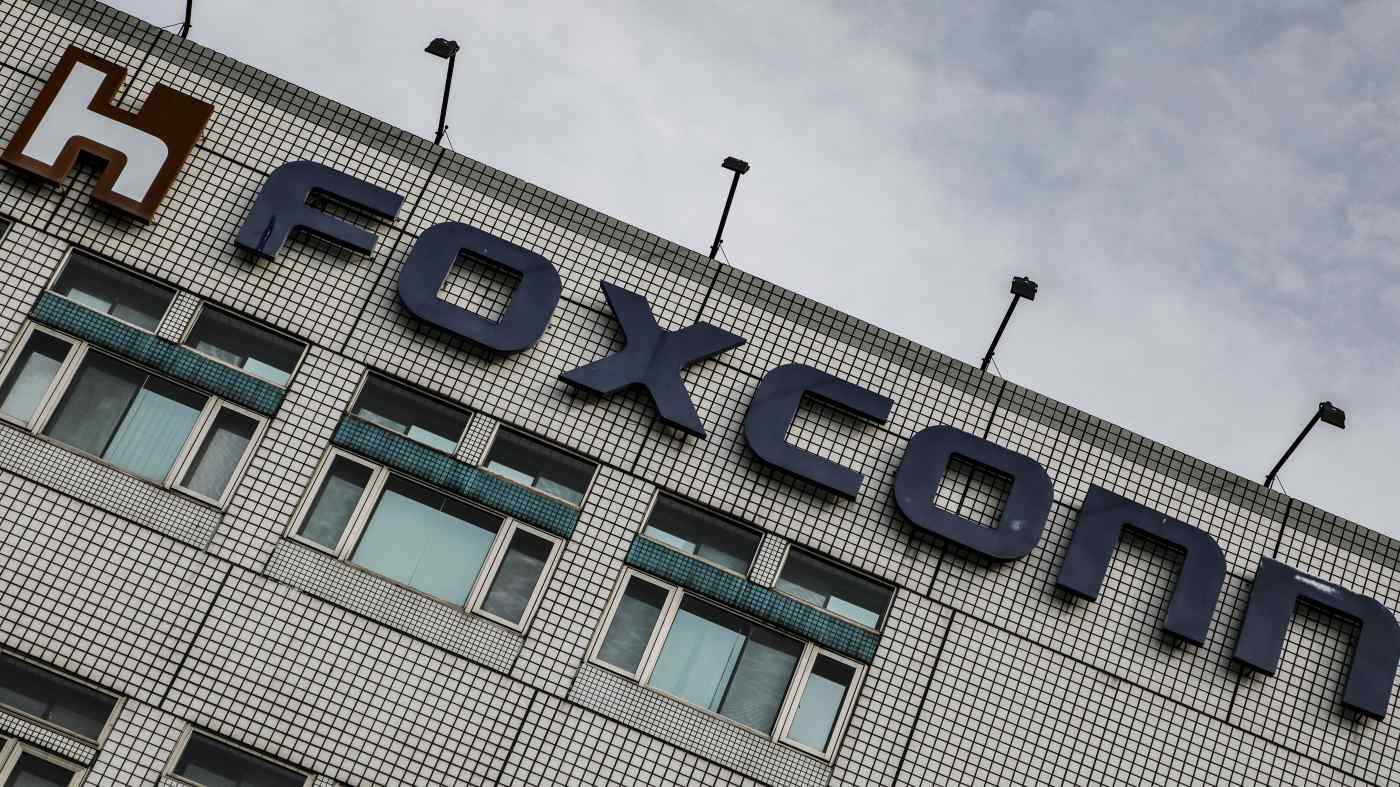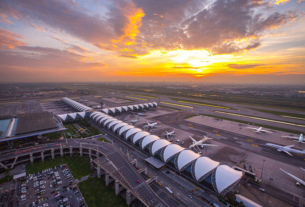
Taiwan’s Foxconn to build electric vehicle manufacturing facilities in USA and Thailand in 2022
Production slated for 2023 as iPhone assembler aims to offset smartphone slowdown
Foxconn, the world’s largest contract electronics producer, on Thursday said it will build electric vehicle manufacturing facilities in the U.S. and Thailand next year, as the key iPhone assembler accelerates efforts to catch the rising EV wave to offset the slowing smartphone industry.
“Our plans are to begin mass production in the U.S. and Thailand respectively in 2023,” Foxconn Chairman Young Liu told investors in an earnings call. “Other than in the U.S. and Thailand, we are also in talks with possible locations in Europe too as part of our global EV footprint strategy.”
Foxconn, which counts Apple, Google, Facebook, Microsoft, Amazon, HP and Xiaomi, as clients, is enlarging its presence in the EV industry by tapping into automobile semiconductors, key components, parts, advanced driving-related software and EV assembly.
The iPhone assembler also set up a software and hardware open platform, the MIH EV Open Platform — which includes a chassis, electronic architecture and support for autonomous driving — to shorten development time for automakers, especially EV newcomers, to turn out cars.
Liu said the Thailand plant will be part of Foxconn’s joint venture with Thai oil and gas conglomerate PTT to develop a platform for EV and component production, while adding that the facility will address the Thai market initially and gradually export to countries in the Association of Southeast Asian Nations. Planned annual capacity there will reach 150,000 to 200,000 EVs, the chairman said.
The U.S. plant, meanwhile, will serve clients such as American EV startup Fisker, for which the Taiwanese company will begin building EVs by the end of 2023, Liu said.
Foxconn has already ruled out Mexico as a location but is in negotiations with three states in the U.S. to build its first EV manufacturing plant in North America, Nikkei Asia has learned. Those include Wisconsin, which just agreed with Foxconn to amend its former plan of investing $10 billion in the state — a promise Foxconn made in 2017.
The company last week also announced plans to buy a chip facility from a leading Taiwanese memory chipmaker for 2.52 billion New Taiwan dollars ($90 million) in the northern Taiwan city of Hsinchu, as a strategic move to secure a source of semiconductors for its nascent electric vehicle business amid an unprecedented global chip crunch.
Meanwhile, Foxconn will begin mass producing the upcoming iPhone 13 series later this month in China along with its competitors Pegatron and Luxshare Precision Industry — a rising Chinese electronics manufacturer that aims to one day challenge Foxconn’s global position. The Taiwanese company remains the biggest iPhone assembler, but Apple is tapping more Chinese suppliers for this year’s new iPhones, Nikkei reported earlier.
“We don’t comment on a single client or a product. But I must say we are still confident about our relations with our clients,” Liu said. “Besides, we don’t just stand still when facing competition. Our longing for growth, strength and flexibility is what makes us stand out in the industry and what clients value about us.”
Foxconn also said Thursday that its net profit surged 30% to NT$29.8 billion in the April-to-June quarter from the same period a year ago — the highest record over the same three-month period in the company’s history.
Foxconn’s revenue also grew nearly 27% to a new high of NT$3.11 trillion in the first seven months of 2021 from the same period last year, driven by the robust stay-at-home demand ranging from smartphones, PCs, servers, game consoles, to networking equipment.
Source: https://asia.nikkei.com/Business/Companies/Taiwan-s-Foxconn-to-build-EV-plants-in-US-and-Thailand-in-2022



